Bigotry or Freedom of Choice? Signs Banning Tattooed Customers Go Viral In Korea
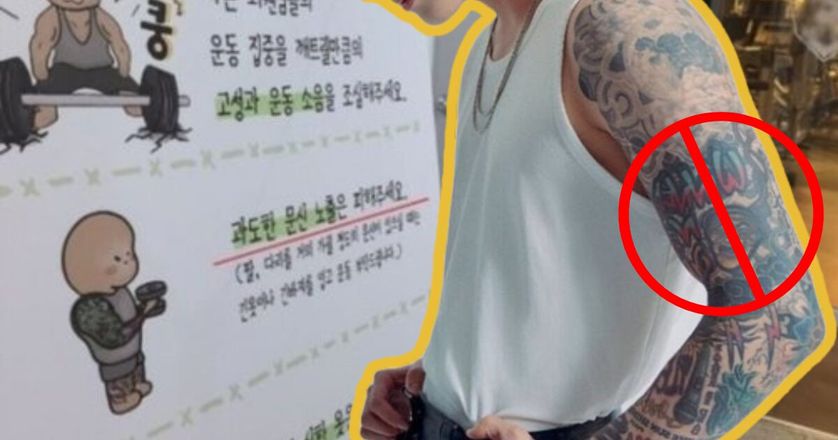
With the rise of exclusionary zones in South Korea, including “no-kids zones” and “no senior zones,” the country seems to be fast adapting another new scandalous exclusion policy across different public spaces.
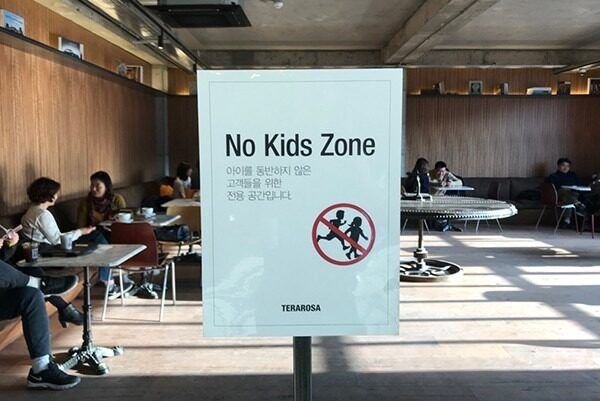
On March 26, pictures of “No-Tattoo zones” went viral on online communities, which were spotted at multiple spots including public bathhouses, gyms, swimming pools, hotels, and so on. A no-tattoo zone means a space where people with tattoos on their bodies are restricted from entering or will need to cover up their tattoos with patches or long sleeves to enter. The reason behind such restrictions is apparently so that other customers don’t feel threatened.
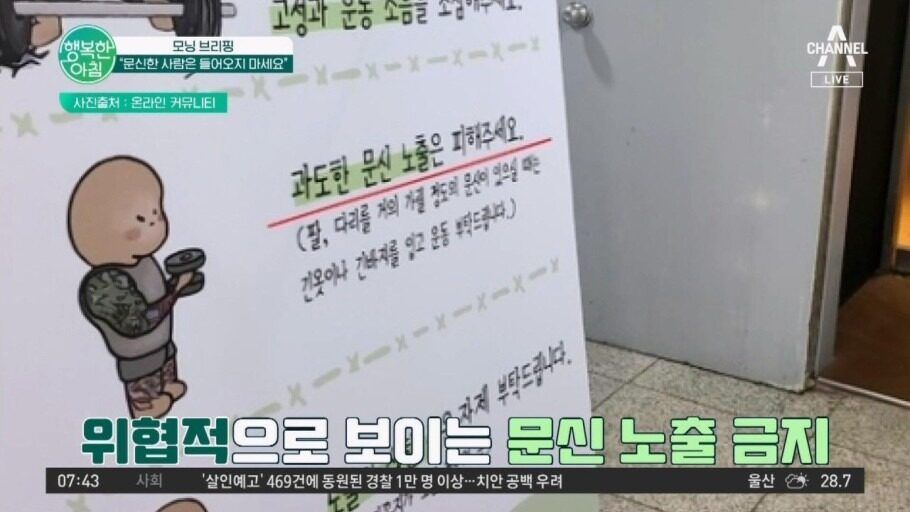
People who are in support of no-tattoo zones have argued that excessive tattoos can often create an uncomfortable environment for people. In places like swimming pools and bathhouses, where body exposure is unavoidable, excessive exposure to tattoos can often make others anxious.
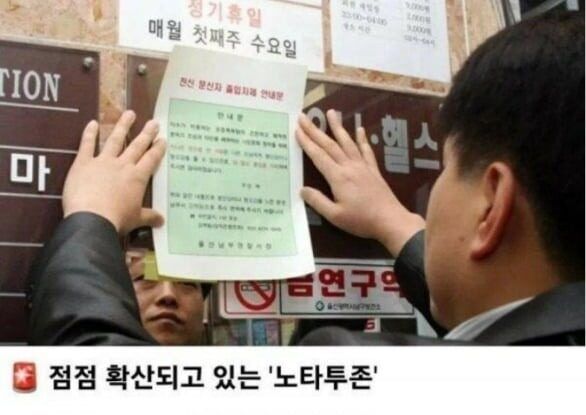
However, those opposing this policy argue that it hinders individual freedom of expression. They added that tattoos have become a part of popular culture. For many, it is a fashion statement, while for others, it could carry a deeper meaning. So, it would be unfair to restrict people’s access to certain places simply because they have a tattoo.
Netizens, however, seem to agree with the policy and feel that business owners should be allowed to conduct policies as they see fit.
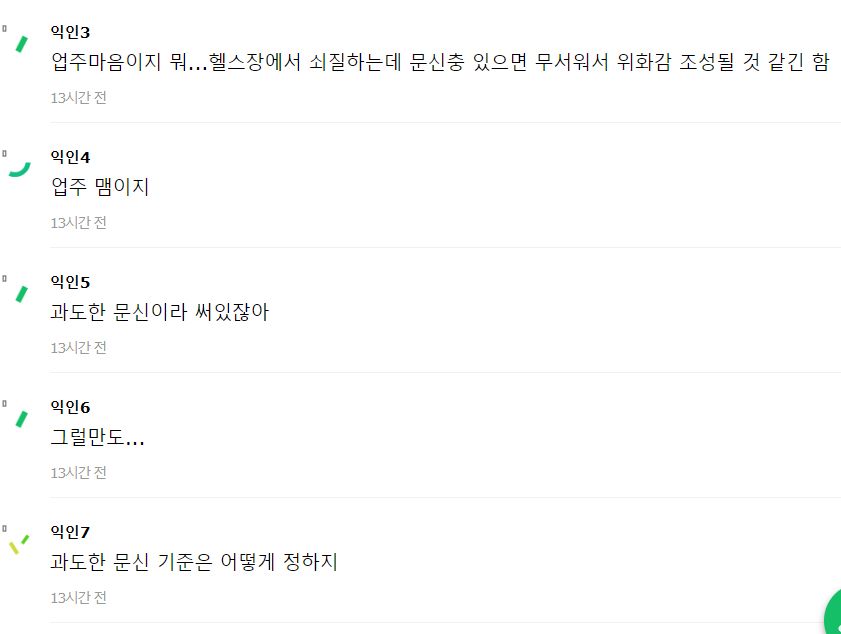
- “It’s the business owner’s discretion… If someone’s working out at the gym and they’re scared of people with excessive tattoos, it will likely create a sense of discomfort.”
- “It’s up to the owner.”
- “But they said excessive tattoos, you know?”
- “That much is justified…”
- “But how do they decide the standard of excessive tattoos?”
While South Korea’s conservative society still associates tattoos with gangs and criminals, the number of people opting to get inked is increasing steadily nationwide. According to the Ministry of Health and Welfare’s data from October 2021, the number of tattoo artists in the country was recorded to be 350,000, while the number of people with tattoos was a whopping 13 million. However, these numbers are expected to be higher in practice since many tattooists in Korea operate underground, as the country’s law only allows people with a medical license to be tattooists.
This legal approach to tattoos, however, is slowly changing with their increased social acceptance. The government has shown signs of being open to considering allowing tattooing done by non-medical personnel. This year, they ordered a study to develop and manage tattoo qualification tests and build a relevant education system to “legalize” tattoos.